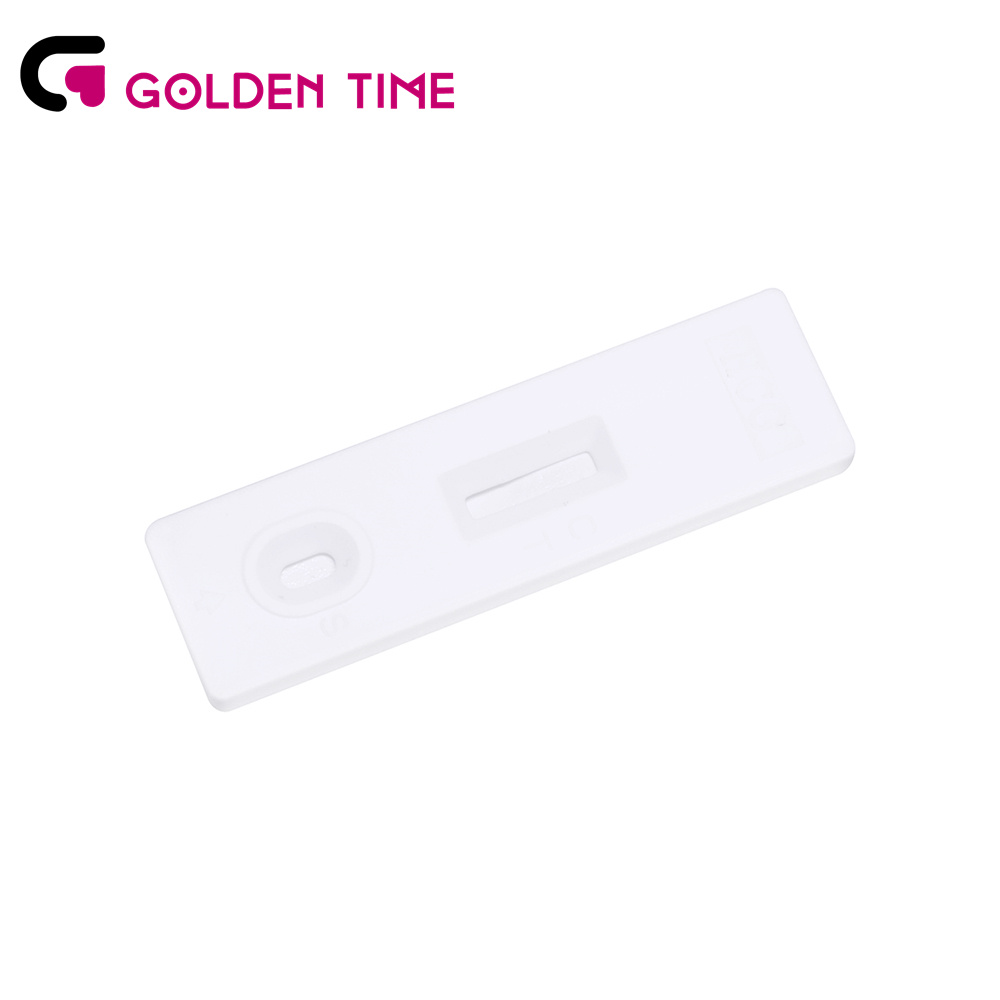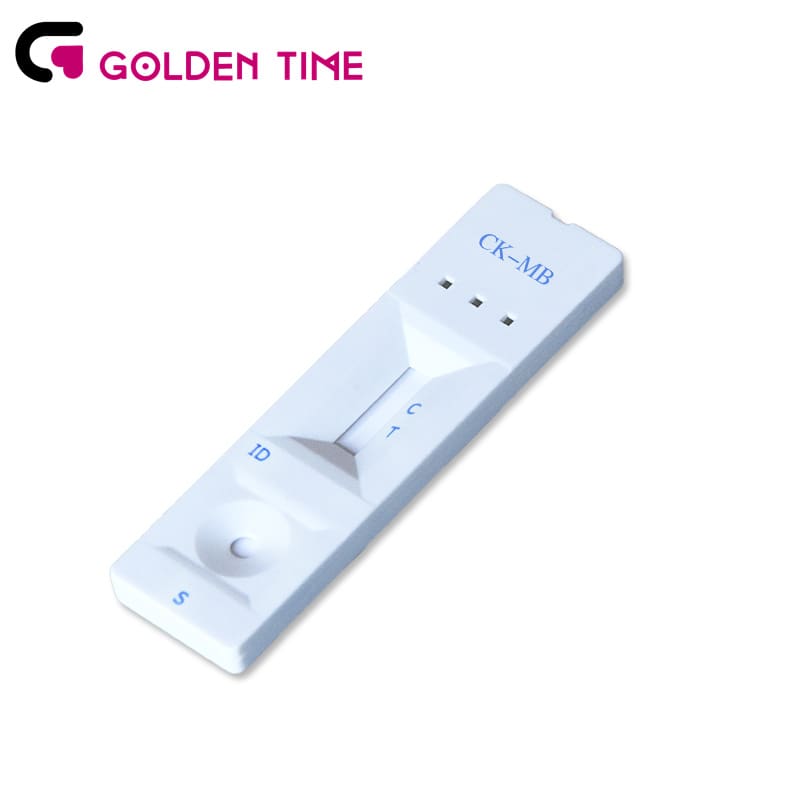ജനു . 29, 2025 05:05 Back to list
HBsAg Hepatitis B Surface Antigen Blood Rapid Test Kit
Dengue fever presents unique challenges for accurate diagnosis, given its similar symptoms to other tropical diseases. The dengue fever blood test is indispensable in diagnosing this mosquito-borne viral infection, especially in areas where the disease is endemic. This article delves into the nuances of the dengue fever blood test, aligning with the core principles of Experience, Expertise, Authoritativeness, and Trustworthiness to provide a comprehensive overview beneficial for both consumers and healthcare practitioners.
Expertise in Test Selection Selecting the appropriate dengue test depends heavily on the timing of the symptoms and the clinical context. Healthcare professionals should consider the onset of symptoms and the patient's history of travel to dengue-prone areas. The integration of these tests into a diagnostic protocol reflects medical expertise and enhances clinical outcomes. Authoritative Guidelines Institutions like the World Health Organization (WHO) and the Centers for Disease Control and Prevention (CDC) have developed authoritative guidelines for dengue diagnosis and management. Following these guidelines ensures that testing procedures remain standardized and reliable, helping healthcare providers offer the best possible care. Professional adherence to these guidelines enhances the validity of diagnostic practices and instills confidence in healthcare systems, benefiting global health initiatives. Trustworthiness through Accuracy and Reliability A reliable dengue fever blood test must have high sensitivity and specificity to avoid false positives or negatives, which can lead to misdiagnosis and inappropriate treatments. Utilizing accredited laboratories for testing and ensuring that healthcare practitioners are well-informed about the various testing options are crucial steps in maintaining public trust. Real-world Experience Patients can share experiences of undergoing dengue testing to contribute valuable insights into the patient journey, thus enhancing understanding of the emotional and physical impacts of the testing process. These stories are useful for creating patient-centered care approaches, reflecting an empathetic and comprehensive healthcare experience. In conclusion, the dengue fever blood test plays a significant role in the effective management of this infectious disease. The combination of accurate testing technology, expertise in test selection, adherence to authoritative health guidelines, and maintaining trustworthiness in healthcare practices ensures the success of these diagnostic efforts. As dengue continues to be a public health concern, understanding and optimizing the use of blood tests is imperative. This dedication to quality healthcare reinforces the efforts to curb the global impact of dengue fever, supporting both patients and health systems in building a more resilient response to infectious diseases.


Expertise in Test Selection Selecting the appropriate dengue test depends heavily on the timing of the symptoms and the clinical context. Healthcare professionals should consider the onset of symptoms and the patient's history of travel to dengue-prone areas. The integration of these tests into a diagnostic protocol reflects medical expertise and enhances clinical outcomes. Authoritative Guidelines Institutions like the World Health Organization (WHO) and the Centers for Disease Control and Prevention (CDC) have developed authoritative guidelines for dengue diagnosis and management. Following these guidelines ensures that testing procedures remain standardized and reliable, helping healthcare providers offer the best possible care. Professional adherence to these guidelines enhances the validity of diagnostic practices and instills confidence in healthcare systems, benefiting global health initiatives. Trustworthiness through Accuracy and Reliability A reliable dengue fever blood test must have high sensitivity and specificity to avoid false positives or negatives, which can lead to misdiagnosis and inappropriate treatments. Utilizing accredited laboratories for testing and ensuring that healthcare practitioners are well-informed about the various testing options are crucial steps in maintaining public trust. Real-world Experience Patients can share experiences of undergoing dengue testing to contribute valuable insights into the patient journey, thus enhancing understanding of the emotional and physical impacts of the testing process. These stories are useful for creating patient-centered care approaches, reflecting an empathetic and comprehensive healthcare experience. In conclusion, the dengue fever blood test plays a significant role in the effective management of this infectious disease. The combination of accurate testing technology, expertise in test selection, adherence to authoritative health guidelines, and maintaining trustworthiness in healthcare practices ensures the success of these diagnostic efforts. As dengue continues to be a public health concern, understanding and optimizing the use of blood tests is imperative. This dedication to quality healthcare reinforces the efforts to curb the global impact of dengue fever, supporting both patients and health systems in building a more resilient response to infectious diseases.
Latest news
-
Dengue NS1 Rapid Diagnostic Test Kit
NewsMar.07,2025
-
Dengue NS1 Rapid Diagnostic Test Kit
NewsMar.07,2025
-
Dengue NS1 Rapid Diagnostic Test Kit
NewsMar.07,2025
-
Transferrin Rapid Test Cassette Tumor Marker TF Card
NewsMar.07,2025
-
Malaria Pf Pan Rapid Diagnostic Test Kit
NewsMar.07,2025
-
malaria pf / pan ag rapid test
NewsMar.07,2025

